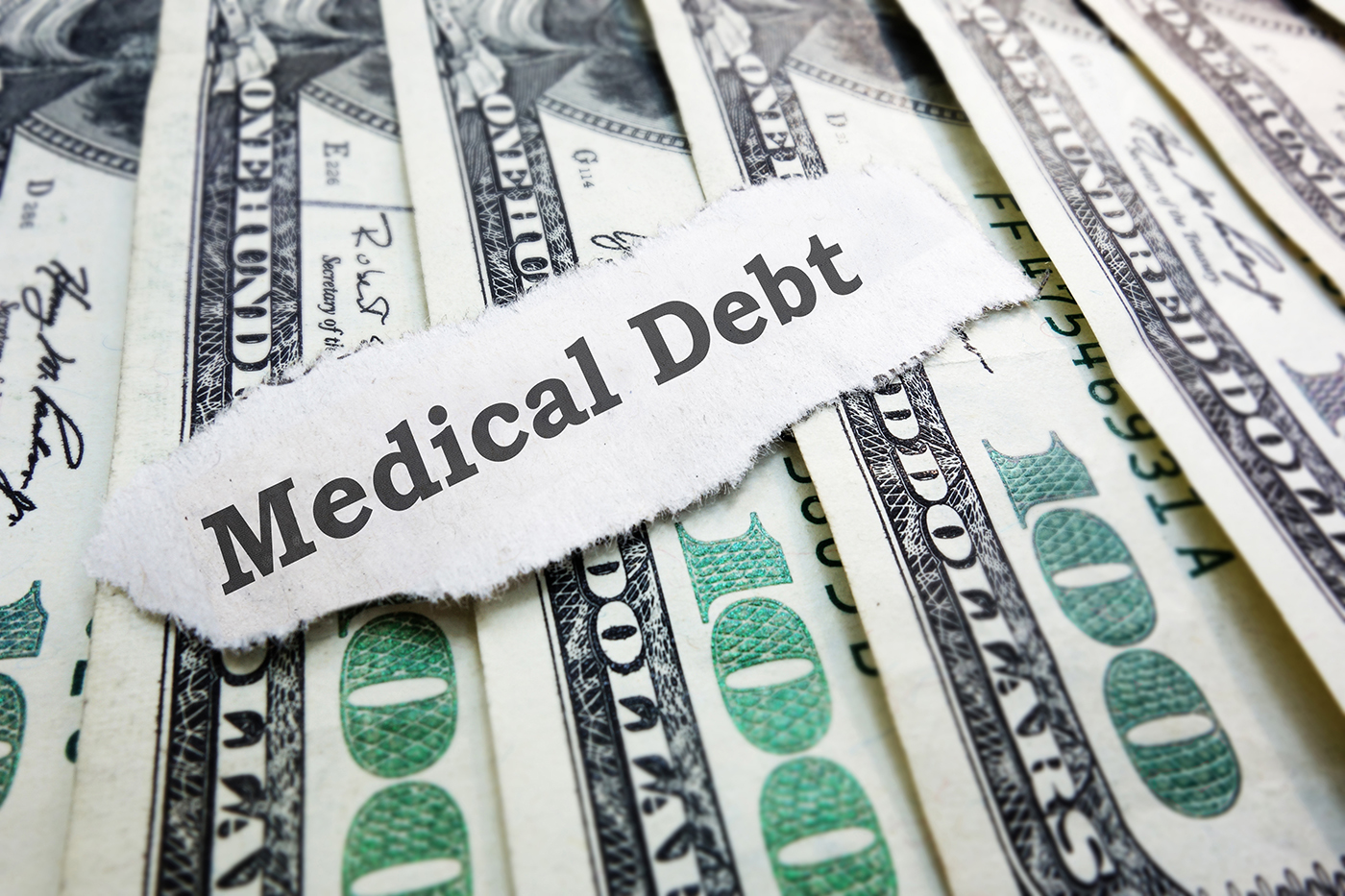If you’re wondering “Is it illegal to send medical bills to collections?” The short answer is “No”!
But here’s The 2025 Credit Report Game-Changer.
If you’ve ever felt haunted by closed accounts or collection items on your credit report due to medical bills, you’re not alone.
As of March 2025, a “loophole” gives you the ability to erase negative marks if there’s even a whiff of medical expense involved.
This isn’t just about hospital bills. We’re talking medical-related bills like ambulance bills, dental work, prescriptions, emergency, and even chiropractic visits – anything medical-related.

Medical Bill Rule Overview
The new rule prohibits credit agencies from including medical bills on credit reports and bans creditors from using medical debt in their decision-making process.
This change is expected to remove about $49 billion in medical bills from credit reports, affecting around 15 million Americans.
Previously, medical debt could remain on credit reports for up to seven years, impacting financial opportunities long after the debt was incurred.
Loophole Overview
The legal loophole, effective March 2025, allows for the permanent removal of negative accounts from personal credit reports related to medical expenses…even if the connection is indirect. See Regulation V at the Consumer Financial Protection Bureau.
Now, how many people have paid medical bills with a credit card? This is not uncommon, given how sky-high medical costs are in the US.
The Loophole
If you ever used a credit card even partially for a medical-related expense, that closed or charged-off account may now be classified as medical debt.
And under the new law, medical debts are forbidden from appearing on your credit report. That means you can demand their removal. But before you run off to submit credit disputes for any medical-related debt, this loophole can work if the credit card account is closed, charged-off, or listed as a collection account.
Do not attempt this loophole with open or currently active accounts, even if they have late payments.
Key Points
- Adverse Account: Any entry negatively impacting your credit (e.g., closed accounts, charge-offs, collections).
- Closed Account: An account that is no longer active, including those charged off or sent to collections.
- Medical Debt: Includes hospital bills, ambulance bills, dental work (especially critical care), chiropractic care, prescription medications, and any health-related expenses.
Steps to Dispute Medical Debt
1. Identify Eligible Accounts
- Focus only on closed accounts (including charge-offs and collections). Do not attempt this with open or currently active accounts.
- Print your credit reports from all three bureaus (Experian, Equifax, TransUnion). Highlight all negative closed accounts.
2. Determine Medical Relevance
- Review each closed/charged-off/collection account for any possible connection to medical expenses.
- If you used a credit card to pay for medical, dental, or related expenses, even partially paid, that account can potentially be classified as medical debt under this loophole.
- Credit bureaus are unlikely to request proof, so don’t worry about attaching documentation at this point in the dispute.
3. Draft and Send Dispute Letters
- Write a letter to each credit bureau where the negative account is reporting and request removal of the identified accounts, citing the relevant law (Consumer Financial Protection Bureau – Fair Credit Reporting, Regulation V, Section 1022.30).
- Clearly state that the account is related to medical expenses and, under federal law, should not appear on your credit report.
- Detailed explanations are unnecessary, simply state the legal requirement for removal using the law.
- If any bureau refuses to remove the account, resend the dispute letter every 35 days, up to three times.
- If after the third time the account is not removed then you must file formal complaints with your state’s attorney general in addition to the Consumer Financial Protection Bureau.
4. Why This Matters
Every negative account you remove can help boost your FICO score. Even older accounts can make a difference. Higher scores matter in an economy that revolves around credit. While there’s no guarantee the loophole will work, it’s certainly worth a try.
Final thoughts
Now Think back? Did you ever use that credit card for a dental procedure? A prescription? A chiropractor? Even single transactions count because the new law, that’s enough to reclassify the debt as medical.

















